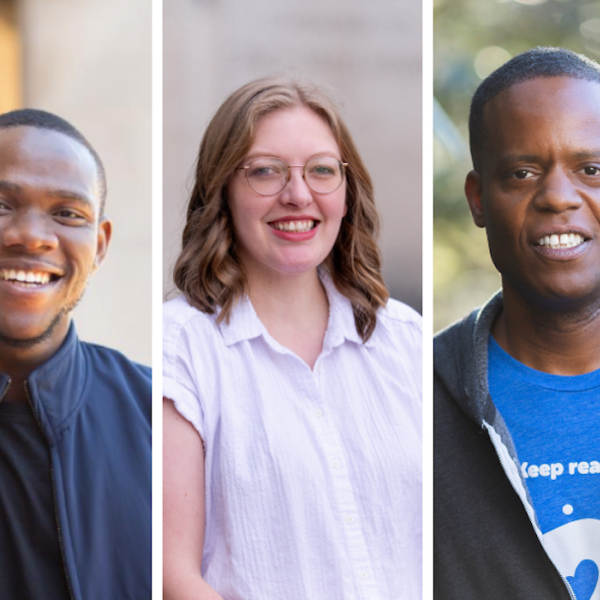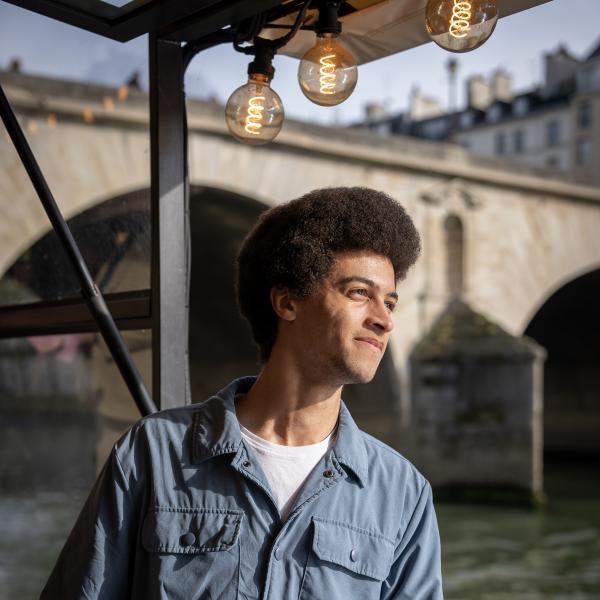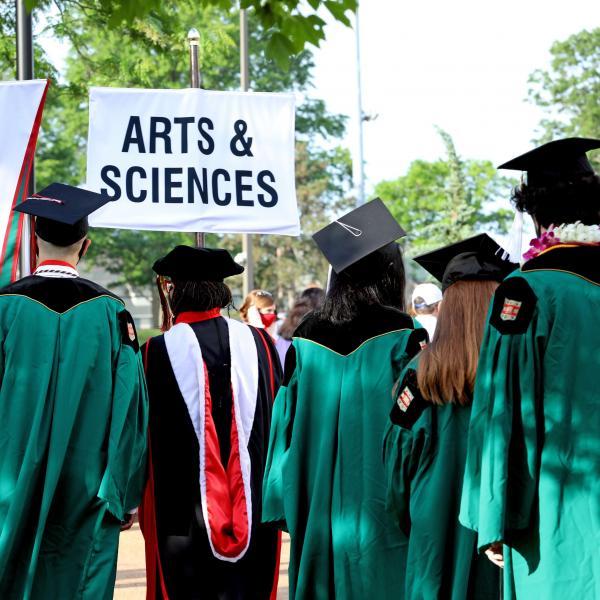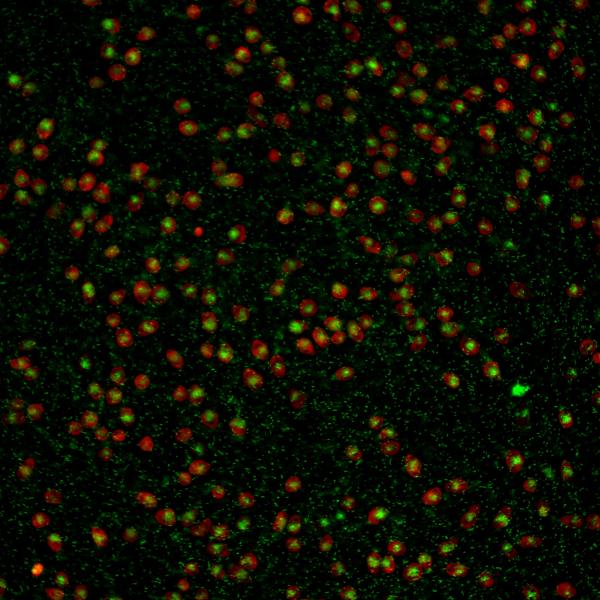James Wertsch, the David R. Francis Distinguished Professor, retires from Arts & Sciences with a legacy of international, interdisciplinary scholarship.
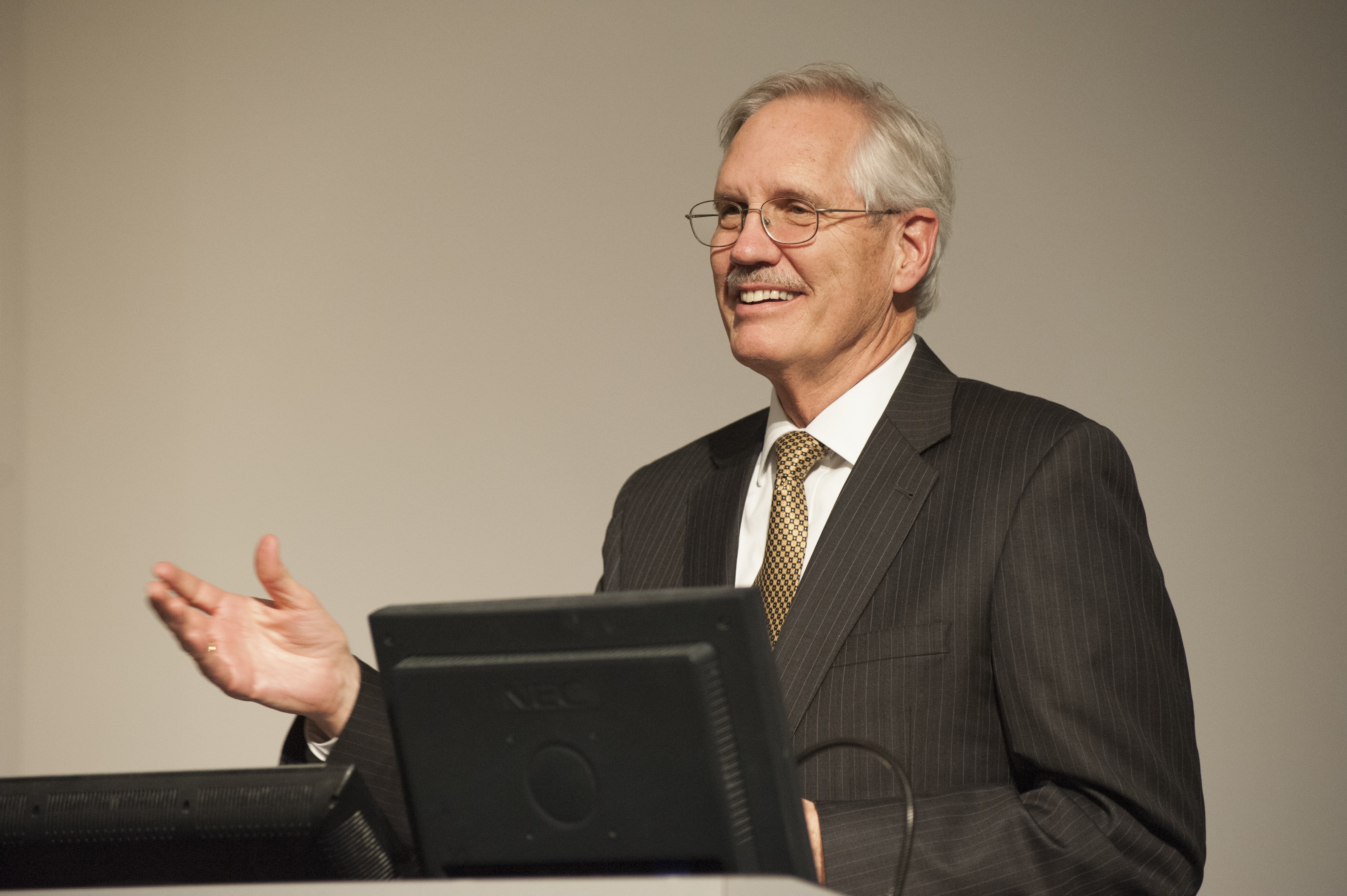
For James Wertsch, WashU is a community defined by civility and collaboration.
“More than any university I’ve seen, we are capable of getting our high-powered faculty together to deal productively with people who are far outside our normal boundaries,” he said.
When Wertsch began his WashU career in 1995 as chair of the Department of Education, he wasted no time sharing his expertise across Arts & Sciences. He would go on to teach in several departments and programs, including anthropology, psychological and brain sciences, education, and global studies.
Chancellor Emeritus Mark S. Wrighton, who started at WashU the same day as Wertsch, soon took notice of his leadership abilities. “He was quite a diverse intellectual,” Wrighton said. “Over time, I became aware of him as a truly outstanding member of our faculty.”
In 2005, Wrighton asked Wertsch to become the founding director of the McDonnell International Scholars Academy, an initiative designed to position WashU as the anchor of a global community of universities. Wertsch went on to travel internationally with Wrighton, securing funding and partnerships for the initiative.
“At the time, there was no other institution in the U.S. that had this kind of program,” Wertsch said. “The idea was to bring young people from different disciplines and parts of the world together for cohort experiences. They would travel together, think together, educate each other, and expand their horizons.”
Today, the McDonnell Scholars program has nearly 100 scholars from more than 40 international universities. According to Wrighton, Wertsch played a crucial role in its development. “Jim and his wife Mary were tremendous in terms of hosting events and engaging the McDonnell Scholars during their time of leadership,” he said. “His spirit of intellectual engagement will be missed.”
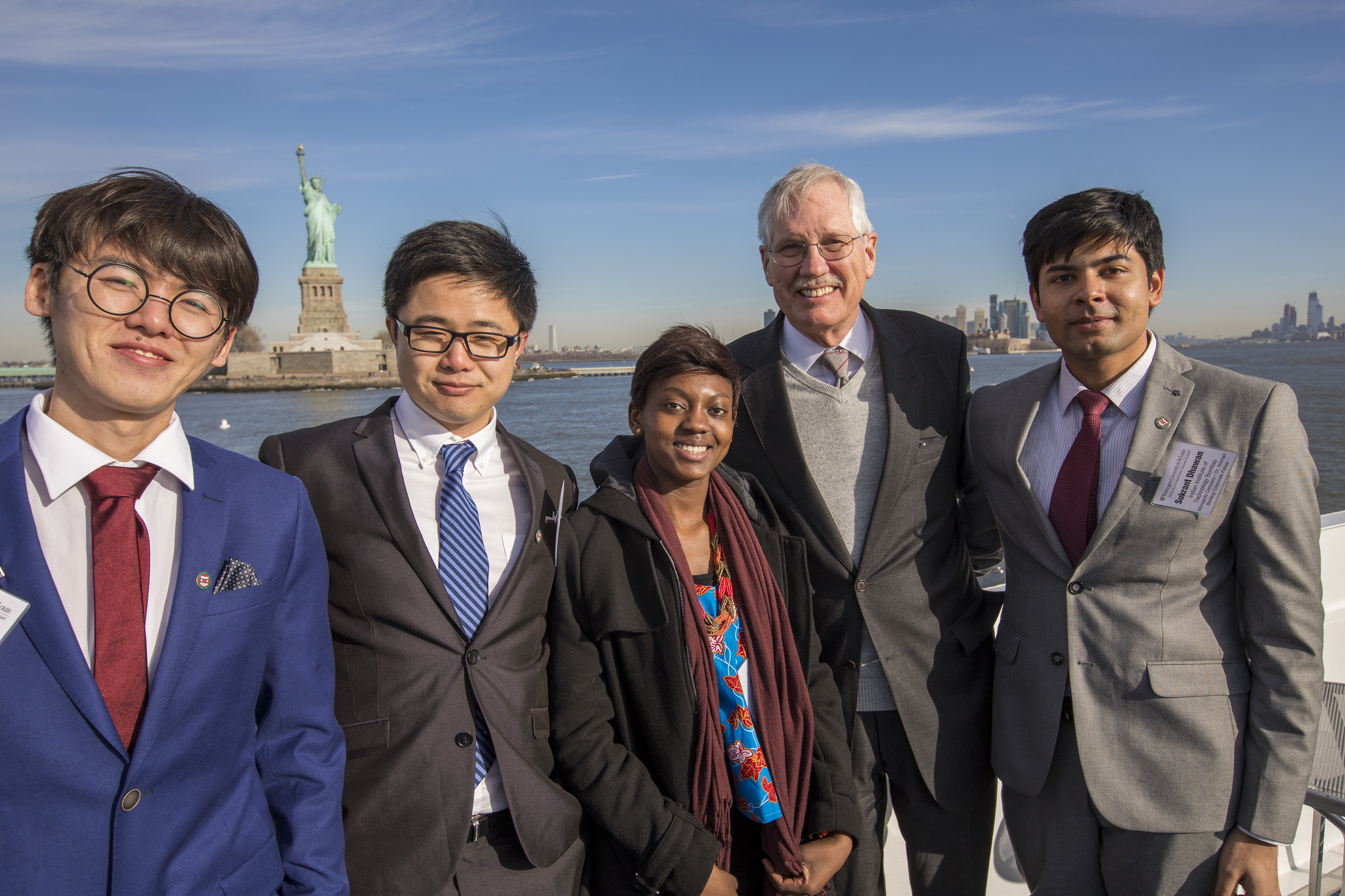
For Wertsch, leading the McDonnell Scholars program was a natural extension of his academic work, which consistently emphasized the importance of interdisciplinary, international collaborations. The value of this work first came into focus during Wertsch’s postdoctoral study in the Soviet Union in 1975, shortly after he earned his PhD in educational psychology from the University of Chicago. In Russia, he encountered a fundamentally different approach to psychology than what he had seen in America.
While Americans tend to focus on the minds of individuals independent of society, he said, it’s exactly the opposite in Russia. “To Russians, we are not individuals until we have internalized a lot of social discourse, starting from birth.” In other words, psychology cannot be fully understood without a deeper study of arts and sciences.
Wertsch went on to write extensively about the need for an interdisciplinary approach to American psychology. At the same time, he became interested in a broader question: Why did Russians and Americans think so differently?
His most recent book, “How Nations Remember: A Narrative Approach,” draws from multiple disciplines to examine how nations become stuck in different ways of thinking and remembering, and how this can lead to international conflict. Wertsch said initiatives such as the McDonnell Scholars program present an important solution to these international differences.
“After watching students in that program, I’m a very deep believer that you need to have settings where young people from around the world can meet long enough to trust each other and then have productive learning experiences where they look at each other and say, ‘Wait, how can you possibly think that?’”
In retirement, Wertsch plans to continue work on an international project about collective memory and national narratives with colleagues including Henry “Roddy” Roediger, the James S. McDonnell Distinguished University Professor of Psychological & Brain Sciences. He will move to Washington, D.C., to collaborate with think tanks on various projects and, most importantly, to spend time with his grandchildren.
